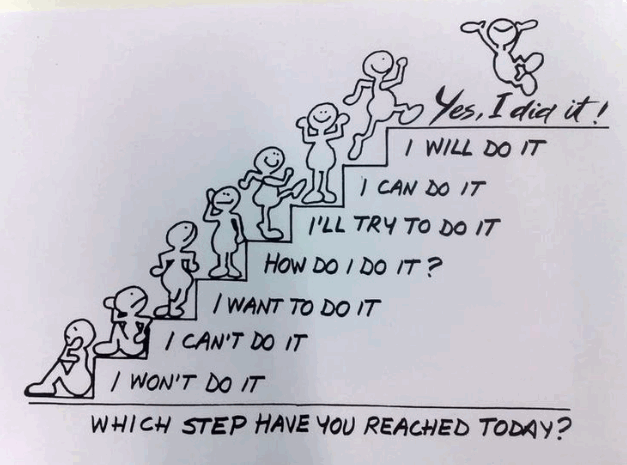It is proven that positive parenting lessons parental control. It fosters thoughtful response to our children’s daily interaction with significant others. We strengthen relationships within the family and allow our children to grow in independence if we view their behaviour as it is and not as a reflection on us. Our kids act out and make mistakes. Our role is to allow them to learn from these mistakes and to guide them in understanding the consequences of the behaviour.
We each have our own parenting style, which is often influenced by how we were raised. Our parenting either reflects the way that we were raised or it is in total contrast from that of our parents. How we parent reflects our own identity and understanding of self. Positive parenting encourages us to focuses on the uniqueness of our children. Their personalities and their way of thinking and doing.
Self-reflection is the heart of positive parent-child relationships. It helps us to understand why our children behave the way they do as well as our role in why they behave in that way.
It is helpful to consider these four areas when we examine our relationship with our children:-
|
Four goals of children’s’ misbehaviour
|
The three most common parenting styles
|
|
Attention
|
Giving orders
|
|
Power
|
Giving in
|
|
Revenge
|
Giving choices
|
|
Display of inadequacy
|
|
|
Common parenting mistakes
|
Four ingredients of long relationships
|
|
Ignore the child’s personality
|
Showing respect
|
|
Not sweating the hard stuff
|
Having fun
|
|
Not allowing them to grow up
|
Giving encouragement
|
|
Being inconsistent and sending mixed messages
|
Showing love
|
|
Having unrealistic expectations
|
|
Our reaction to our children’s behaviour determines how they view themselves and how they react to praise or criticism. Being positive calls for complete optimism even in the most trying circumstances.
Positive engagement with your child helps to foster a relationship of mutual respect and forms an integral part of positive parenting. Renee Jain, Chief Storyteller at GoZen! Anxiety Relief for Kids* gives a few ideas of common reactions to children’s anger and tips on how to respond positively:
|
Negative responses
|
Positive responses
|
|
Stop throwing things!
|
When you throw your toys, I think you don't like playing with them. Is that what’s going on?
|
|
Big kids don't do this!
|
Big kids and even grownups sometimes have big feelings. It’s OK, these feeling will pass.
|
|
Don't be angry!
|
I get angry too sometimes. Let's try our warrior cry to get those angry feelings in check.
|
|
You're being so difficult!
|
This is a tough one, huh? We're going to figure this out together.
|
|
Eat your food or you will go to bed hungry!
|
What can we do to make this food yummy?
|
|
Your room is disgusting! You are grounded unless this gets clean.
|
How about we just start cleaning this itty bitty corner of your room? I’ll give you a hand.
|
|
We. Are. LEAVING!
|
What do you need to do to be ready to leave?
|
|
Stop whining!
|
How about a quick “do over” in your normal voice?
|
|
Stop complaining!
|
Is that ___ too hard right now? Let's take a break and come back to it in 17 minutes.
|
|
Stop getting frustrated!
|
I hear you. Can you come up with a solution?
|
|
Go to your room!
|
I'm going to stay right here by you until you're ready for a hug.
|
|
You are embarrassing me!
|
Let's go somewhere private so we can sort this out.
|
|
I can't deal with you right now!
|
I’m starting to get frustrated, and I’m going to be right here calming down. Instead of: Stop saying “No!”
|
|
I hear you saying "No."
|
I understand you do not want this. Let's figure out what we can do differently.
|
Staying calm, responding positively, allowing our children to bear the consequences for their behaviour and validating their attempts to do good are all aspects of positive parenting.
We grow and learn as our children grow and learn and in the growing and learning, we need to remind ourselves that are children are yet to become the best beings they can be.
Enjoy parenting!
*https://www.udemy.com/user/ren2/

